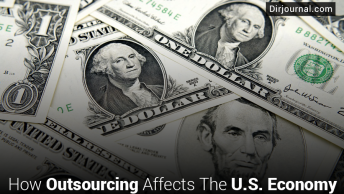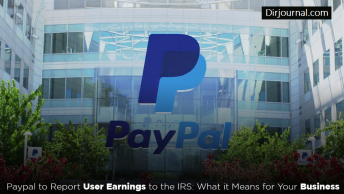
It had to happen one day with people realizing the harmful effects of carbonated drinks and the health drinks slowly taking over the cola market. One of the Cola Kings takes a plunge into the natural product market. The supermarket aisles are now going to be filled up with Pepsi Raw, a new carbonated drink from Pepsi, supposedly “natural.”
Pepsi says that it has replaced corn syrup with cane sugar, thus reducing the calorie content from 120 calories to 90 calories. Pepsi advertises it as a “natural” drink that contains no artificial preservatives, flavorings, colors or sweeteners.
The regular Pepsi contains sugar, artificial colorings, caffeine, phosphoric acid, citric acid, fructose corn syrup and natural flavors. The new Pepsi Raw is said to contain apple extract, coffee leaf, plain caramel coloring, tartaric acid from grapes, cane sugar, gum Arabic from acacia trees and sparkling water. It is pale in color and does not have as much fizz as the other cola brands.
Nobody expected Pepsi’s 100-year-old arch rival, Coke, to sit around appreciating Pepsi’s “innovative ideas.” Coco-Cola’s answer is the launch of a world-wide marketing campaign recently, promoting its “natural-ness.” Coca-Cola, which has always tried to create an aura of mystery around its formula, now revealed a little of its secret by saying the drink has never contained anything artificial and remained the same for more than 122 years.
The reason Coca-Cola is stressing on this is because it had to face a bad situation in the 1980s when it tried to tinker with the formula, and now the public perception of the drink is that it is unnatural and unhealthy.
Coke’s marketing director says, “When we talked to consumers about Coke, we realized they didn’t know that it has no added preservatives or artificial flavors. We felt it was important to reassure Coke drinkers of this fact.”
To make sure consumers know their drink is safe, Coca-Cola Great Britain will add a printed line that reads, “no added preservatives or artificial flavors,” on all the cans and bottles that are sold in Britain. Coke has also created a new website, letsgettogether.co.uk, where all consumer questions are answered. Although, they say that they answer all questions related to their formula too, when a consumer asked them about the ingredients, the response was that all the ingredients are listed on the can or bottle. So, that’s how much of the formula is actually given away.
The list of ingredients mentioned on Coca-Cola is carbonated water, sugar, caffeine, phosphoric acid, caramel for color and “natural flavorings.” This website is part of their “Pemberton” campaign, which is meant to let consumers know that Coca-Cola does not contain and has never in the past contained any added preservatives or artificial flavors.
The popularity of soft drinks has decreased in the recent times and more and more people, even the once Pepsi and Coke addicts, are shifting towards healthier alternatives, such as herbal teas and pure water. Health specialists insist that people reduce consumption of carbonated drinks as they are bad for health. But this attitude brings the soft drink companies under a lot of pressure and they go all out to woo their customers back in every possible way.
Many people feel that these campaigns do not make any difference, including the Pemberton campaign by Coca-Cola. Where soft drinks are concerned, the general feeling is that nobody goes around looking for a soft drink with no additives. They either have a soft drink or do not. It is as simple as that.
The intention of Pepsi and Coke manufacturers, after all, is to seduce consumers into buying their products. They are at each other’s throats at all times, and with Pepsi Raw, Pepsi hopes to knock its rival Coca-Cola off its perch and compete for a greater share of the cola market and at the same time capitalize on the increasing consumer demand for anything natural. Experts say that in the process, these companies will do anything to make consumers feel they are safe, even if it means making “tall” claims. For the consumer, can anything be better than the freshness of sparkling water or freshly squeezed juice?













In the cola adds mucus from sows special beetles. I do not drink the – it is poison!!!